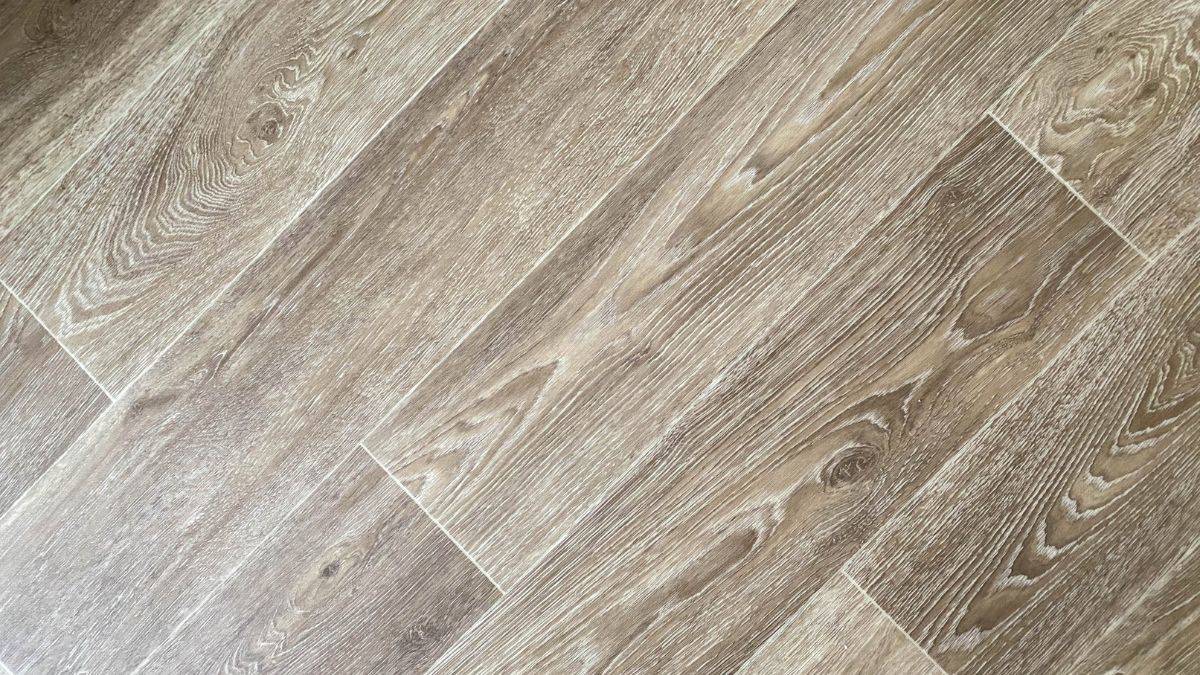Are you considering a vinyl plank flooring installation? This type of flooring is becoming an increasingly popular choice due to its modern and stylish look, durability, and affordability. However, when selecting this type of flooring, many people need to consider the potential for mold growth.
In this blog post, we will discuss the factors that can contribute to mold growth under vinyl plank flooring and some tips for avoiding it.
What Is Vinyl Plank Flooring?
Vinyl plank flooring is a popular type of flooring made from synthetic materials, such as polyvinyl chloride (PVC), that are designed to resemble traditional hardwood floors. It’s becoming a popular choice for homeowners looking for an affordable and low-maintenance option. Vinyl plank flooring is also moisture-resistant, making it an excellent choice for humid areas.
Can Mold Grow Under Vinyl Plank Flooring?
The short answer is yes. Under the right conditions, mold can find its way into even the most unlikely places, including under vinyl plank flooring. The primary risk factor for mold growth is moisture.
If excess water is present in the area where your flooring is installed, it can seep through the seams and joints in the planks and into the subfloor.
Also, suppose your subfloor isn’t completely dry before installing your flooring. In that case, this, too, can lead to moisture buildup, which can promote mold growth.
Common Causes of Mold Growth Under Vinyl Plank Flooring
High Humidity Levels in the Home
When humidity levels in your home are too high, it can create a moist and damp environment ideal for mold growth.
Poor Ventilation
Ventilation is essential for removing moisture from the air, and inadequate ventilation can lead to excess humidity, promoting mold growth.
Standing Water on the Subfloor or Planks
Any standing water on the subfloor or planks can lead to mold growth.
Plumbing Leaks or Flooding
If your home has experienced a plumbing leak or flooding, this can lead to excess moisture and encourage mold growth.
7 Tips to Prevent Mold Growth
There are a few easy steps you can take to prevent mold growth under your vinyl plank flooring:
Maintain Proper Ventilation
Ensure the area is completely dry before installing your flooring. If the subfloor has not properly dried, it can be a breeding ground for mold.
Properly Seal Floors
Use a sealant to close any gaps between the planks. This will help to keep moisture from seeping in and prevent mold growth.
Monitor Humidity Levels
Consider installing a dehumidifier in your home to reduce humidity levels, which can also help to prevent mold growth.
Monitor Spills and Signs of Water Damage
Check your flooring regularly for signs of water damage or moisture, as this could indicate a problem with your installation that needs to be addressed.
Keep Up With Cleaning
Have your flooring professionally cleaned regularly to remove any dust or dirt that may be present. This will help to keep the area dry and reduce the risk of mold growth.
Install Vapor Barriers and Moisture Proof Subfloor Materials
If you’re worried about moisture seeping into your subfloor, consider installing a vapor barrier and using moisture-proof subfloor materials. This will help to prevent water from impacting the integrity of your flooring in the future.
Invest in Quality Vinyl Plank Flooring
When selecting your vinyl plank flooring, opt for a quality product that is designed to be moisture-resistant.
Frequently Asked Questions
How do I clean my vinyl plank flooring to prevent mold?
Regularly sweeping and mopping your floor with a damp mop should help to keep it free of mold. You can also use mild soap and water or a specialized cleaner designed for vinyl plank flooring. Avoid using harsh chemicals or abrasive cleaners that could damage the flooring.
Can I use bleach to remove mold on my vinyl plank flooring?
No, you should never use bleach to clean your vinyl plank flooring, as this could lead to discoloration or fading of the material. Instead, opt for a cleaner specifically designed for vinyl floors.
What should I do if I have mold on my vinyl plank flooring?
If you discover any mold on your vinyl plank flooring, it’s important to address the issue as soon as possible. First, remove any standing water or moisture and use a specialized cleaner designed for vinyl floors to remove the mold. Then, if the problem persists, contact a professional to inspect the area and determine the best action.
Will mold spread underneath my vinyl plank flooring?
Yes, if excess moisture is on your subfloor or planks, the mold can spread underneath your vinyl plank flooring. To prevent this, ensure that you have proper ventilation in
Final Thoughts
Although vinyl plank flooring is generally known to be waterproof, it is important to take the necessary steps to protect your flooring from potential mold growth. Proper ventilation, regular cleaning, and a sealant can help to keep moisture out and prevent mold from appearing on or underneath your vinyl plank flooring. If you discover any signs of mold on your flooring, act quickly to address the issue before it spreads.

